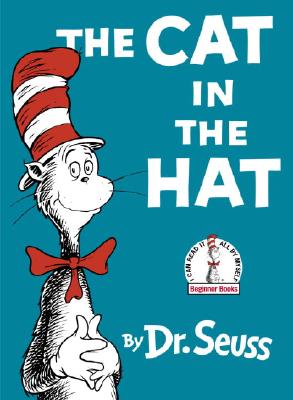Reviewed by John Z. Upjohn, USMC (Aspired)
This book is the classic tale of David vs. Goliath as in the modern gaming industry where nature’s greatest underdog, the multinational video game company, is forever at the mercy of powerful and ruthless game journalists who might at any moment decide to rate a game as low as 8.8 or even 8.7 for reasons that can only be described as “subjective”.
The protagonist of the book is a cat who develops games, games that are fun (like all games should be), and who wants nothing but to share them with children who are bored. Not so fast, cat! There is a game critic in the house, a fish who is clearly used to thinking of himself as a big fish in a small pond.
I almost threw this book across the room at one point, because the cat is playing a game and he is clearly having a lot of fun, but the fish says, “NO! THIS ISN’T FUN!” Imagine hating fun so much that you lie about what’s fun in order to ruin a game for everyone else. This is why we need Gamergate. Game critics like the fish have too much power and they’re willing to lie about games to uphold a social justice agenda that has nothing to do with what’s fun, which is the only thing that games should be about.
Throughout the book the fish acts as a literal gatekeeper trying to keep the cat out of the house and constantly trying to stop him and the children from having any fun. The boy, the main child, sadly succumbs to the propaganda onslaught. After forty-some pages of passively taking in the conflict between the game critic fish and the game developer cat, the boy starts parroting the fish’s party line, turning the house into an echo chamber. But notice how the fish needs the boy to do his dirty work? He can’t get his hands dirty.
This is the secret weakness of SJWs. They have no power except the “feelbads”. He convinced the boy that fun games were bad and wrong, so in order to signal his virtue the boy felt the need to join the fish’s hate mob against the cat and his friends who had done literally nothing wrong except try to relax and play games.
Unfortunately, Goliath wins this time. The cat’s friends are rounded up just like the social justice commissars want to round up everyone who disagrees with them, and he is forced to leave. Then, the fish, having basically established the house as his own tin-plated dictatorship, is not prepared to take responsibility for the state of the house, so complains and throws a tantrum until the cat comes back and fixes everything. Isn’t that typical? The ultrapowerful game media that the fish represents colludes to libel and defame gamers at every turn, then when their advertisers desert them in droves and their revenue drives up and their mom is coming home, they look up at gamers and say, “Save us!”
In a just world, this book would end with the cat looking down and whispering, “No.” but that book would never have been published. It’s not politically correct. Instead, in a twist that even Saul Alinsky would have found a ham-fisted bit of propaganda, the gamer cat cheerfully comes back and cleans up the mess that the fish made in order to disrupt his games.
I knew this book was bad news from the opening pages when the boy, the main child, wasn’t even given a name but his sister Sally, who never does anything, had her name. This is a sexist double standard. Most female characters are barely even characters and they still get more respect than the actual people in a story. And liberals say you can’t be sexist against men!
Two stars.
Editor’s Note: Mr. Upjohn will be attending WisCon in Madison, WI over Memorial Day Weekend and livetweeting what he finds there on behalf of his publisher, Hymenaeus House. Follow them on Twitter to watch the fireworks unfold. Mr. Upjohn has pledged to attend WorldCon and do the same if I somehow am allowed to attend, as he feels the need to balance my presence out. You can help both of us get there by throwing money in my WorldCon travel fund. For every $150 I get, I will publish another of Mr. Upjohn’s piece, or something of similar value and tone.

